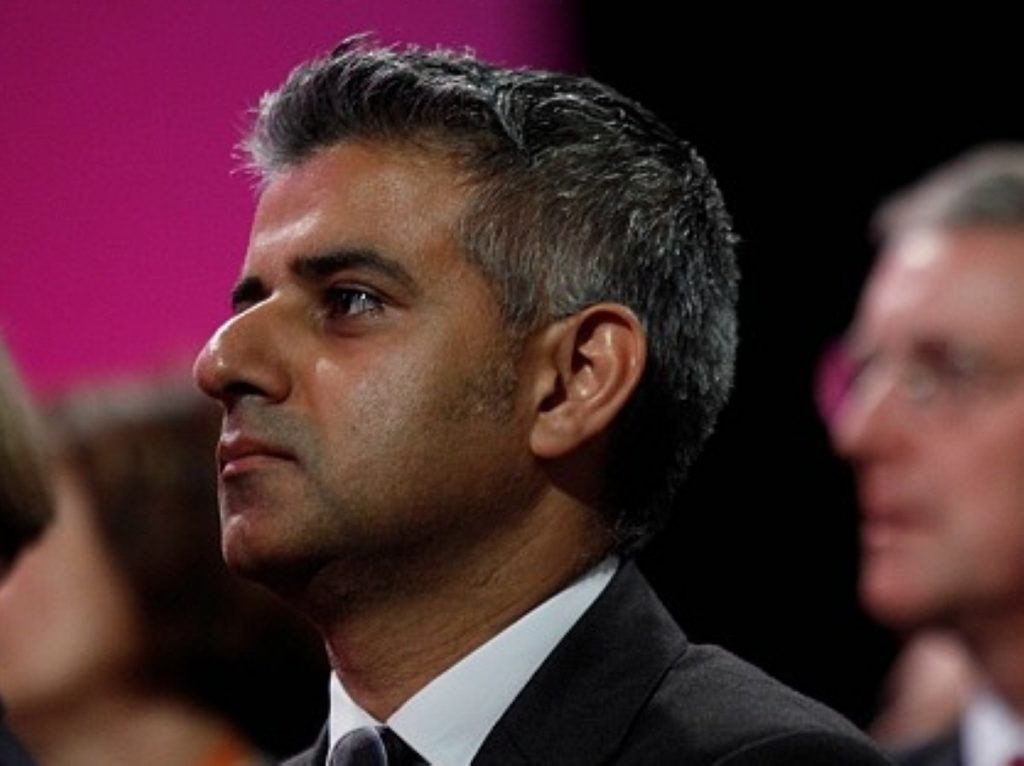Labour refuses to play ball with Lords reform
By Ian Dunt
Coalition hopes of cross-party cooperation on Lords reform look doomed to failure after Labour mocked Nick Clegg’s proposals.
Announcing the plans for a 80% elected House of Lords, the deputy prime minister was met with derision and mocking laughter from the Labour benches, who accused him of being “irrelevant”.
“These proposals are a dog’s dinner,” shadow justice secretary Sadiq Khan said.


“Is he seriously considering imposing a form of proportional representation on the second chamber without asking the electorate?”
Analysis: Why critics oppose a wholly-elected House of Lords
Mr Clegg’s draft bill would use the single transferable vote (STV) system to elected 80% of the members of the Lords, which would be reduced from 750 seats to 300. Members would sit for a fixed term of three parliaments.
A third of the elections would take place in 2015, another third in 2020 and a final third in 2025, offering an opportunity to stagger the Lords’ reform.
The reduction in the number of seats is designed to prevent an elected chamber challenging the supremacy of the Commons.
“We will be pragmatic,” Mr Clegg said. “This is an art not a science.”
The remaining 20% of the members would be appointed independently, the deputy prime minister said, and would act as cross-party members. The presence of the Bishops from the Church of England would continue but they would be reduced from 26 to 12.
Mr Clegg published a white paper alongside the draft bill with several other options, including one for a 100% elected chamber – a proposal supported by Labour and previously backed by Mr Clegg.
But the deputy prime minister is struggling to get Lords reform through without alienating too many Tory backbenchers, who are becoming increasingly irritated by Mr Clegg’s campaign for constitutional reform, especially after the AV referendum.
“I myself have always supported 100%,” Mr Clegg said.
“The key thing is not to make the best the enemy of the good. After all, 80% is a whole lot better than zero per cent.”
“Our proposals are careful and balanced. They represent evolution not revolution – a typically British change.
“The government is ready to listen. We are prepared to adapt but we are determined, in the end, to act.”
Mr Khan responded: “Labour’s position is clear – we had a manifesto commitment to a 100% elected House of Lords and we stand by this.
“The Lib Dems also made an election commitment to a fully elected second chamber. Anything less is another broken promise.
“As Clegg brings forward proposals to reform the House of Lords, he will yet again find that the biggest roadblock to constitutional change is David Cameron. The Conservatives were the only party not to commit to a fully elected Lords in their manifesto and since taking office have packed the upper House with a number of Tory peers, at great expense to the tax payer.”
The Labour response will disappoint the deputy prime minister, who was hoping to secure cross-party support on an issue that featured in all three parties’ manifestos.
With the AV vote defeated, Nick Clegg is banking on Lords reform to reassure Liberal Democrat voters that it was wise to enter government with the Conservatives.
Mr Clegg is already under attack from all sides over his proposals, with peers warning it could threaten the primacy of the Commons and Labour MPs saying it does not go far enough.
Forty peers fired off a letter to MPs warning that the move would raise questions about the “supremacy and authority” of the Commons, if the revising chamber were to have an improved democratic mandate.
Peers, including former Speaker Betty Boothroyd and former Liberal party leader David Steel said it would prevent the Lords reflecting the gender and ethnic balance in the country and hinder the role of experts.
Labour’s position is a departure from the white paper from Jack Straw published during the tail end of the New Labour government, which posited the idea of an 80% elected House of Lords.
Ministers will use the 1911 Act to force the bill past the Lords if necessary, but the government is likely to favour a more cooperative approach.
David Cameron himself was thought to be lukewarm about the plans, but the prime minister’s spokesman said there was “very strong support for the proposals around the table” at Cabinet this morning.









